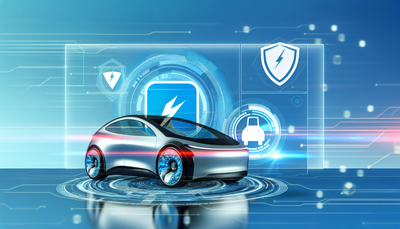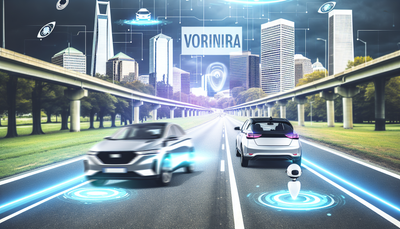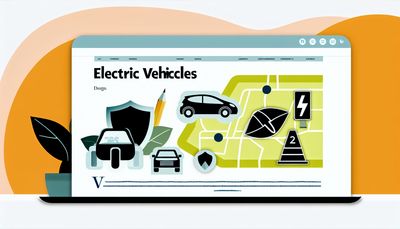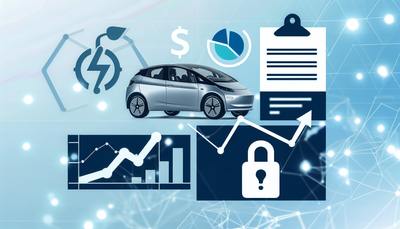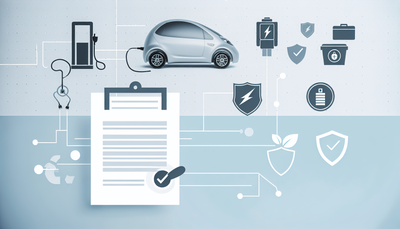The Future of Car Insurance: How EVs Are Changing the Industry
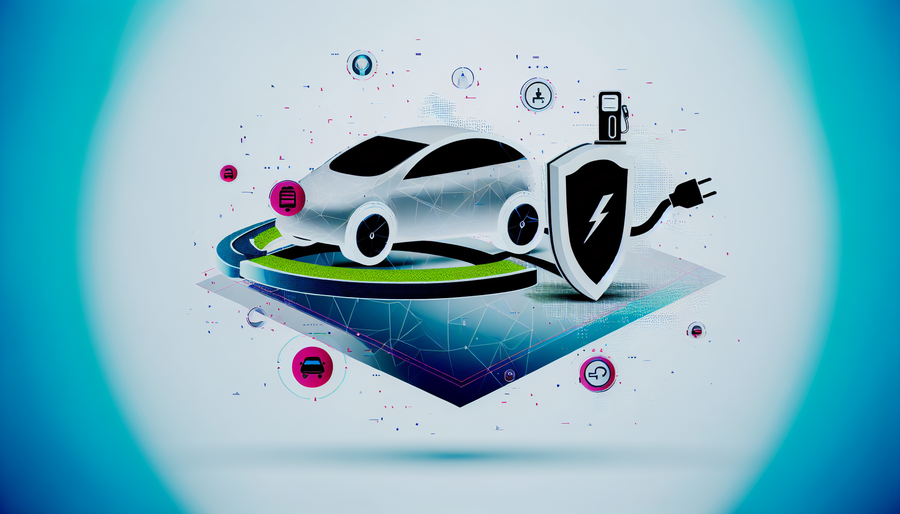
The Future of Car Insurance: How EVs Are Changing the Industry
Introduction
The rise of electric vehicles (EVs) is not only revolutionizing transportation but also reshaping the car insurance industry. Traditional insurance models are being challenged by new risks, repair costs, technology-driven safety features, and evolving customer expectations. As more consumers transition to EVs, insurers must adapt their policies and pricing strategies to meet the demands of this rapidly changing landscape.
The Impact of EVs on Car Insurance
1. Higher Repair and Replacement Costs
While EVs generally require less maintenance than internal combustion engine (ICE) vehicles, repairs can be more expensive. Battery replacements, specialized parts, and advanced electronic systems contribute to higher repair costs, influencing insurance premiums.
2. Enhanced Safety Features and Lower Accident Risks
Many EVs come equipped with advanced driver-assistance systems (ADAS), such as automatic emergency braking, lane-keeping assistance, and collision avoidance. These features reduce accident risks, potentially leading to lower insurance rates over time.
3. New Risk Factors Unique to EVs
EVs introduce unique risks, such as battery fires and charging-related incidents. Insurers must analyze these risks and adjust policies accordingly. Additionally, the cost of replacing high-voltage batteries after an accident remains a concern for both insurers and vehicle owners.
4. Usage-Based and Telematics Insurance Models
The shift toward connected vehicles allows insurers to offer usage-based insurance (UBI) and telematics-driven policies. By monitoring driving behavior through telematics devices or embedded vehicle software, insurers can provide personalized premiums based on individual risk profiles.
5. Evolving Industry Trends and Regulations
Government policies promoting EV adoption, such as tax incentives and emissions regulations, will also influence the insurance landscape. As EV adoption increases, insurers may develop specialized policies tailored to electric mobility, including coverage for charging infrastructure and battery degradation.
Conclusion
The future of insurance is evolving alongside the rapid growth of electric vehicles. While EVs present new challenges for insurers, they also offer opportunities to innovate and provide more tailored coverage options. As technology advances and industry trends continue to shift, car insurance policies will need to adapt to ensure they remain fair, competitive, and aligned with the needs of EV owners. Whether you're an insurer or a policyholder, staying informed about these changes will be crucial in navigating the evolving automotive landscape.


